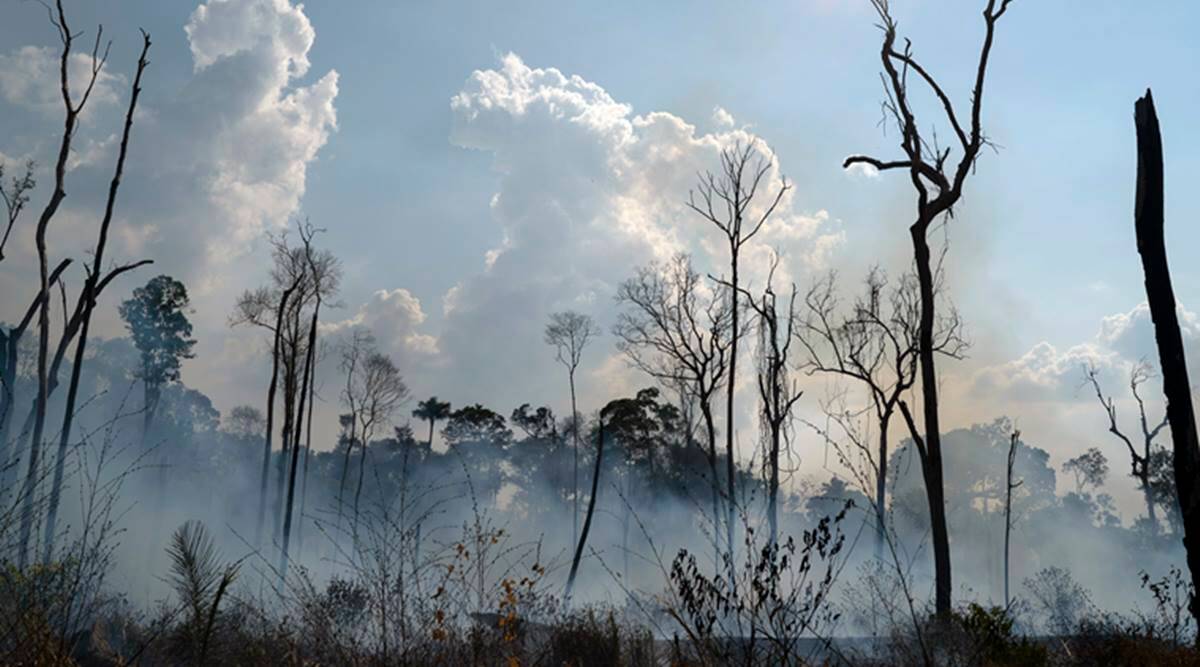
Brazil’s greenhouse gasoline emissions elevated by 9.5 per cent in 2020 largely because of elevated deforestation within the Amazon throughout the second yr of far-right President Jair Bolsonaro’s authorities, mentioned a report printed on Thursday by local weather change specialists.
Whereas most international locations generated much less carbon emissions throughout the financial disaster brought on by the coronavirus pandemic, Brazil in 2020 emitted 2.16 billion tonnes of carbon dioxide equal (GtCO2e), up from 1.97 billion in 2019, in response to the research.
Together with greenhouse gasoline removing by secondary forests and guarded areas, internet emissions rose 14 per cent final yr to 1.52 GtCO2e, in response to the SEEG research sponsored by the Local weather Observatory advocacy group.
“Deforestation continues to dominate our emissions, with an upward pattern within the very yr through which Brazil ought to begin assembly Paris Local weather Settlement targets,” mentioned Tasso Azevedo, a local weather professional coordinating the SEEG research.
The rise in deforestation will put Brazil at an obstacle in local weather negotiations at COP26, starting on Sunday in Glasgow, mentioned Local weather Observatory head Marcio Astrini. “Brazil has achieved the feat of being maybe the one massive emitter that polluted extra throughout the first yr of the pandemic,” he mentioned.
Brazil will step up its Paris Accord targets at COP26 because it tries to get better credibility for its environmental insurance policies, bringing ahead to 2050 from 2060 its purpose for carbon neutrality, or internet zero gasoline emissions.
At an Earth Day summit hosted in April by U.S. President Joe Biden, Bolsonaro promised to finish unlawful deforestation within the Amazon by 2030. However he continues to push for industrial mining and agriculture there, together with on protected indigenous lands.
Environmental activists warn that these distant local weather targets are at odds with what’s now taking place within the Amazon, with authorities turning a blind eye to unlawful logging and mining, which has pushed the world’s largest tropical forest towards some extent of no return.


